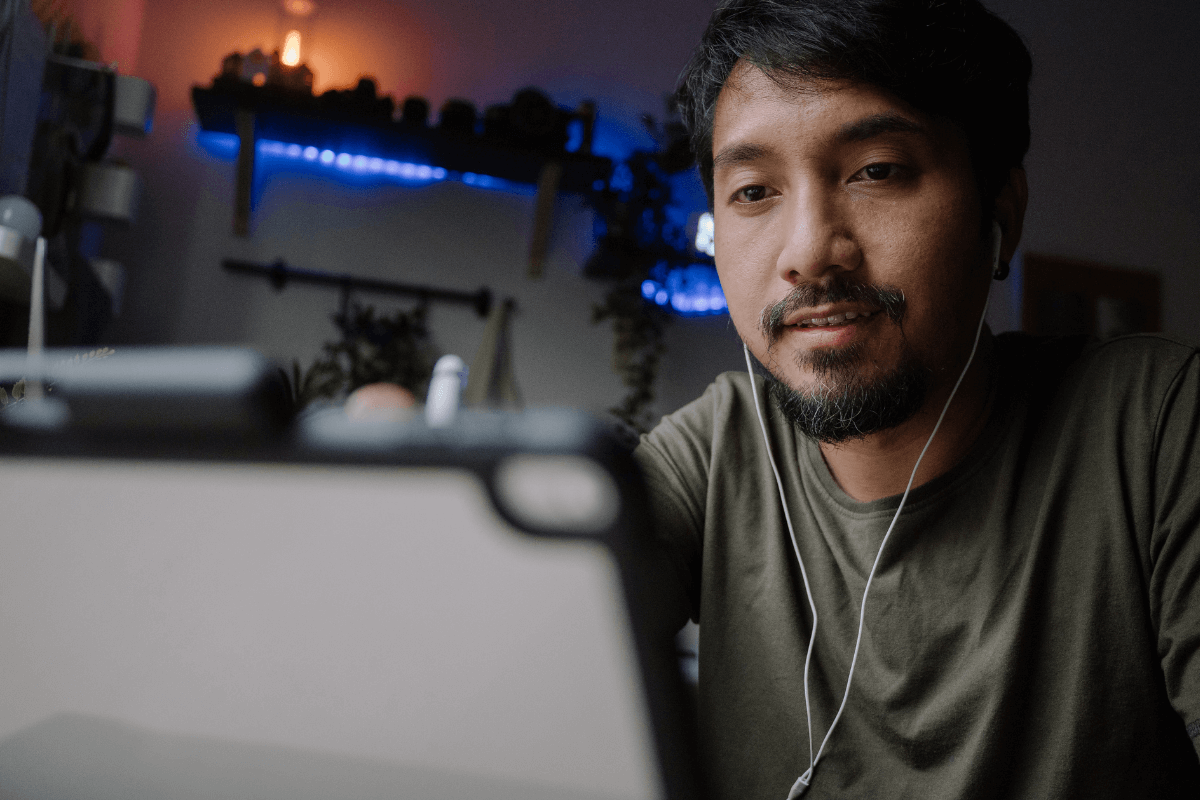All posts
Are you suffering from working from home burnout?
COVID-related social distancing and self-isolation mandates forced many of us to work from home during the peak of the outbreak. While some of us have since returned to the workplace, others have remained at home for our 9-5. Research from September 2021 found that 67% of employed Australians were sometimes or always working from home, […]


COVID-related social distancing and self-isolation mandates forced many of us to work from home during the peak of the outbreak.
While some of us have since returned to the workplace, others have remained at home for our 9-5.
Research from September 2021 found that 67% of employed Australians were sometimes or always working from home, compared to 42% before COVID.
Working from home has its perks (sleep-ins, no commute, increased flexibility), but it can also have some pitfalls (blurred boundaries, no change of scenery, loneliness).
If you’re struggling with the latter, you’re not alone.
In a survey conducted by Relationships Australia in 2020, 87% of respondents reported a significant change to their workplace since the start of COVID-19, and 63% of respondents agreed these workplace changes impacted their mental health.
We explore the signs of working from home burnout and tips to look after yourself if you’re struggling.
Psychological Effects of Working from Home
Apart from feeling distracted or struggling to get motivated, working from home can have some more serious effects on our mental health.
Research shows some of the negative impacts of working from home include:
- Social isolation and loneliness
- Difficulty ‘switching off’ from work
- Overworking
- Stress
- Depression
- Anxiety.
What is working from home burnout?
Working from home burnout is more than simply feeling exhausted from your job.
If left untreated, burnout can lead to physical impacts such as high blood pressure, heart disease, a weakened immune system, and cognitive impairment.
Some signs you might be experiencing working from home burnout might include:
- You have little motivation to do your job
- You’re struggling to concentrate
- Your performance is declining
- You feel irritable and are more likely to snap at others
- You’re withdrawing from others
- You feel cynical and negative
- You’re not sleeping well.
Managing Your Mental Health While Working from Home
We hope these strategies help you prioritise your wellbeing while working from home.
Establish a workday routine
It can be tempting to sleep in until minutes before you clock on for the day, or to stay in your PJs unless you have a video meeting. But this lack of structure could be sabotaging your motivation and general wellbeing.
Establishing a routine can help you get into ‘work mode’ and maintain work-life balance.
Some basics of a healthy work-from-home routine might include:
- Waking up with enough time to make breakfast and change out of your PJs
- Starting and finishing work at the same time every day
- Using your coffee and lunchbreaks to take a break from your work and get a change of scenery
- Activating ‘do not disturb’ on your email and/or work phone outside of work hours.
Use your sick and annual leave
Working from home doesn’t mean forfeiting your usual leave entitlements.
The flexibility and freedom of working from home may make us more likely to power through when we’re unwell.
Perhaps you feel guilty or don’t see the point of taking sick leave if you’re working from the comfort of your own home. But working from the couch isn’t the same as resting, so be sure to take those sick days when you need them.
The same goes for annual leave.
Border closures and travel restrictions may have forced us to cancel our bigger holidays, but it could be more important than ever to take annual leave. A proper break can help reduce stress and the risk of burnout, so be sure to book in some annual leave, even if it’s local.
We discuss the importance of taking annual leave during COVID here.
If you’re having a hard time and need some extra support, counselling might help. Our counsellors can help you explore your concerns and potential solutions in a safe and supportive environment.
You can learn more about our counselling service here, or call 1300 364 277 to make an appointment in person, over the phone, or via video.
Back to all posts